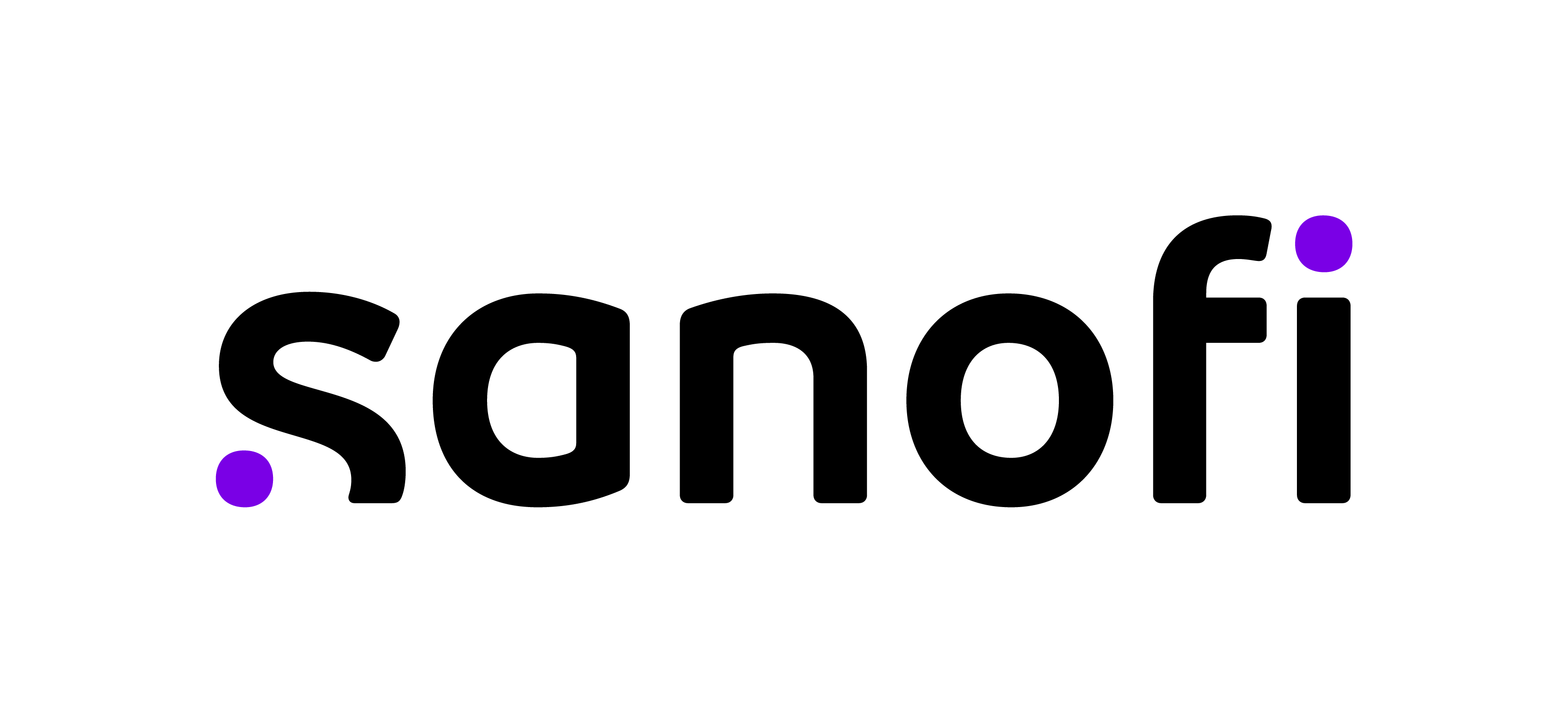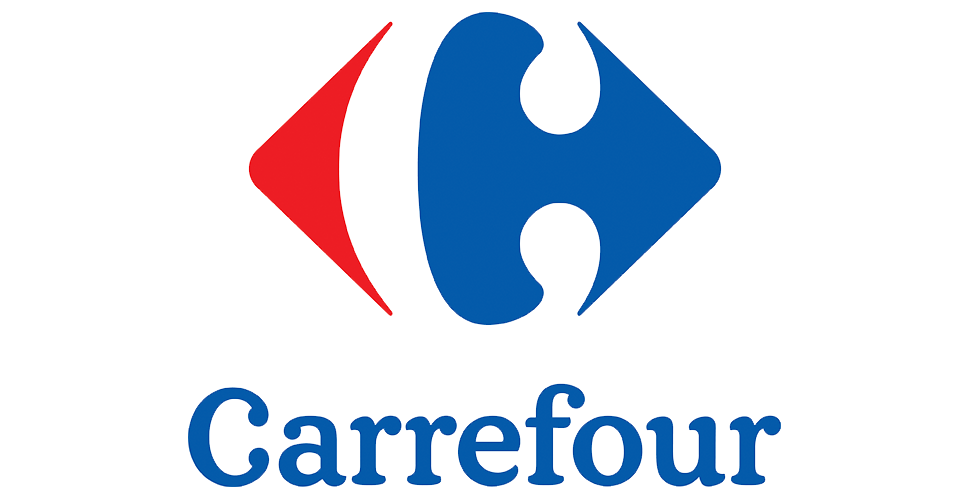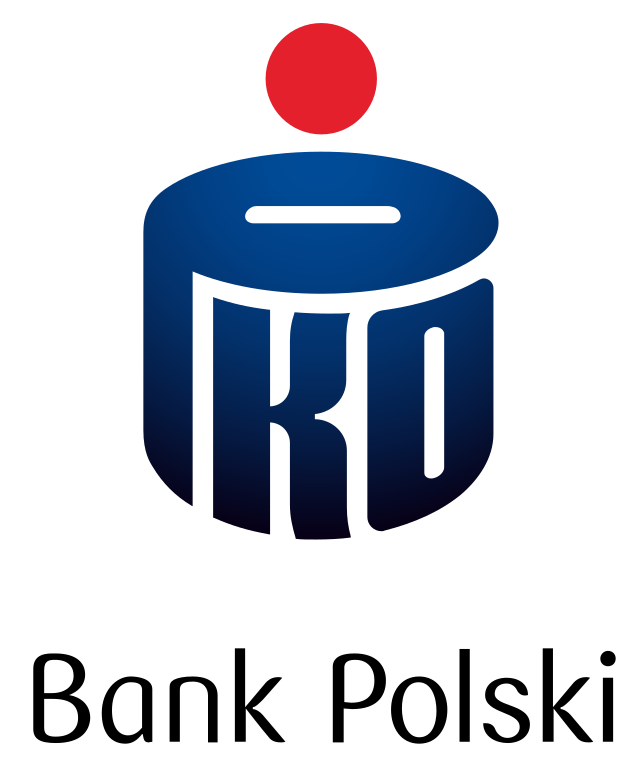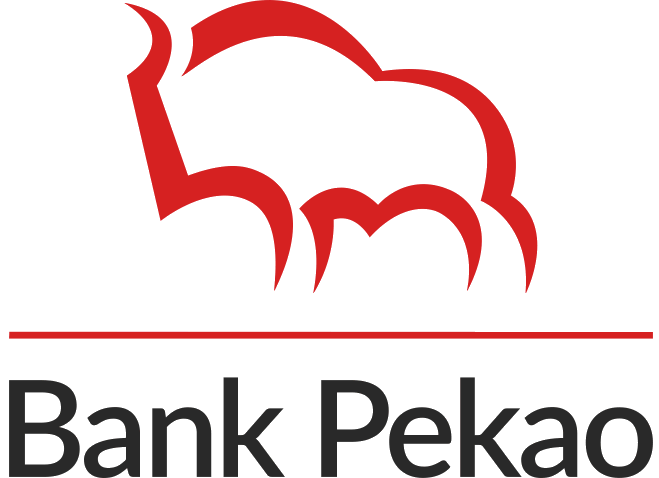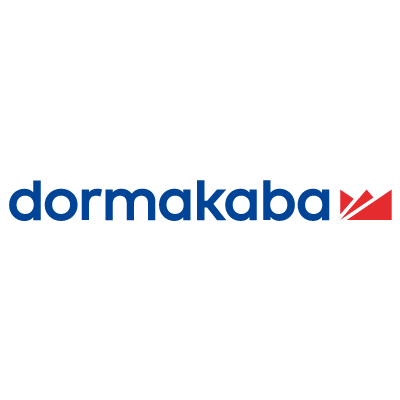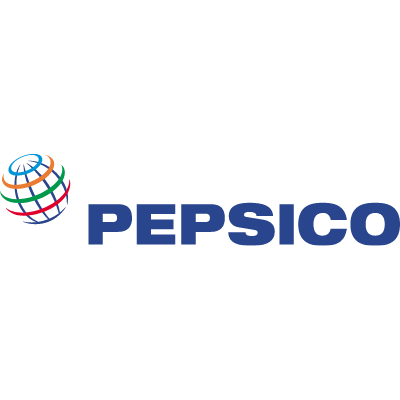Despite the myriad solutions available on the market, hiring a successful software development team can be an arduous task.
Hence this practical CTO’s guide to the galaxy of outsourcing. Here is a concise overview of the topics covered.
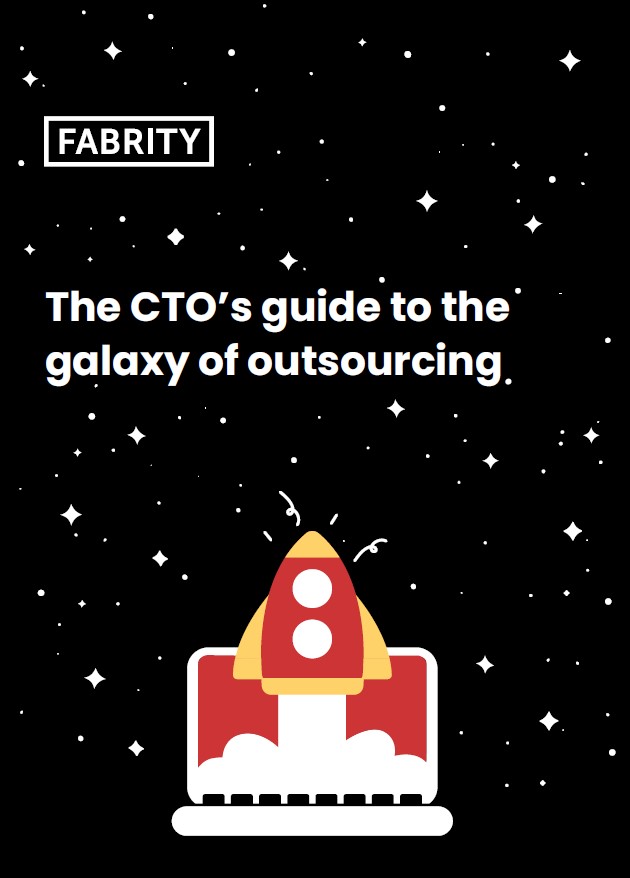
Table of contents
The coronavirus pandemic has accelerated the digitization of business that has been going on for several years. It is one of the reasons why we observe an increase in the demand for IT specialists. Due to shortages in the labor market, outsourcing of programming services is gaining in popularity. It is just one of the reasons why companies are looking for outsourcing teams of IT specialists, as not every organization needs to hire a group of developers permanently.
The search for the right outsourcing partner should start with identifying your needs. To choose the optimal model, you need to first determine whether you need a whole team, individual specialists, or maybe a hybrid of both solutions?
Before the project team starts work, you need to determine what will be in the contract, from work acceptance and remuneration conditions to legal provisions (copyright, security, compliance, confidentiality, etc.), securing the interests of the client, and the service provider. Finally, you need to ensure that the team survives the end of the design work. Below, you will find good practices on how to motivate IT specialists.
Finally, you may like to know the added value from working with a professional service provider, from time and cost savings to comprehensive partner care.
In the years 2022 and 2023, the outsourcing landscape underwent significant changes driven by the shift towards remote work and the growing demand for IT specialists. The traditional outsourcing model involved creating software development teams with specialists provided by body leasing companies, working at the client’s office. This model was favored for its simplicity and flexibility in hiring IT talent. However, the COVID-19 pandemic disrupted this approach by necessitating remote work, impacting IT managers’ soft skills management, and hindering the training of junior developers.
As a response to these challenges, nearshoring gained popularity. Nearshoring is a form of outsourcing where the service provider is from neighboring countries, offering benefits like geographical and cultural proximity, shared time zones, and compliance with EU regulations like GDPR. This shift to nearshoring was accelerated by the increased demand for IT specialists who might not be available locally.
There are three primary models for outsourcing development teams, each with its characteristics, advantages, and disadvantages:
Dedicated team model:
- Characteristics: The client hires a complete team of IT specialists, overseeing the project as the product owner or project manager. The outsourcing provider bears all costs and risks related to team performance.
- Pros: Provider offers necessary tools and procedures, team dedicated to the client’s project, settlement based on achievements.
- Cons: Time-consuming team building and management.
- Best for: Companies without an in-house team, those unable to manage daily team work, short-term projects, clients needing project organization assistance and risk mitigation.
Staff augmentation model:
- Characteristics: The client employs specific IT specialists with desired qualifications to work alongside their in-house team. The IT talent provider selects these specialists.
- Pros: Leverages existing in-house resources, offers flexibility and scalability, access to rare skills.
- Cons: Possible issues with team dynamics, onboarding challenges, and replacements.
- Best for: Projects requiring specialized skills, companies with established practices, clients handling organization and management tasks, and those who can quickly provide necessary resources.
Hybrid teams:
- Characteristics: A blend of the dedicated team and augmentation models. Roles may be shared or clearly delineated between internal and external employees.
- Pros: Leverages local tech talent, provides clear responsibilities, offers IT professional support.
- Cons: Requires proper planning, strong soft skills, and adjustments if issues arise.
- Best for: Bridging skill gaps, expanding IT specialists team, self-managing clients needing expertise advice.
Building effective IT teams requires careful planning, including estimating team size, composition, and required skills for each project while anticipating potential issues like employee departures or underperformance.
Optimal team size and composition:
- Selecting the right team size is crucial; an overly large team can lead to inefficiencies and extra costs.
- Balancing skill distribution within the team is essential, avoiding imbalances between developers, designers, analysts, and architects.
Best practices for team building:
- Understand the project’s nature early on.
- Review tool selection and initial architecture.
- Verify the initial backlog of design tasks.
- Continually develop the team’s skills.
- Focus on architectural and analytical work to define the project.
Personal issues in your team, like long and unplanned absences or underperformance can hinder your project’s success. To tackle these challenges:
- Prepare replacements in advance for potential team member departures.
- Monitor team member performance
- Address long-term unplanned absences
- Ensure effective onboarding for new team members.
- Create a cohesive working environment for the team.
A professional IT outsourcing partner not only assembles the team but also fosters their motivation. Here are eight proven strategies for retaining IT specialists and boosting motivation:
- Engage the staff with challenging projects, inspiring them with meaningful goals.
- Motivate team members by exposing them to high-tech technologies and cutting-edge tools.
- Enhance job satisfaction through process maturity and a professional work culture.
- Provide new challenges and a variety of tasks, fostering innovation and creativity.
- Establish common goals and recognize the team’s successes to boost motivation and performance.
- Build positive relationships within the project team, emphasizing teamwork and mutual support.
- Manage time pressure effectively, as constant pressure can demotivate and harm the team.
- Invest in talent development through training, conferences, and knowledge expansion.
Choosing the contract type:
- A framework agreement is recommended for its flexibility.
- Advantages include defining general terms once, enhanced business agility, team expansion, indefinite contract duration, and ease of termination.
Key Processes in the outsourcing contract:
- Response to client requests: Define the terms for client requests, specifying project scope, team size, timeline, and other project-related details.
- Team onboarding: Include a checklist for onboarding tasks, such as appointing a team leader, defining task scope, expected outcomes, administrative responsibilities, and deadlines.
- Work acceptance and settlement: Establish transparent criteria for project work acceptance, evaluation, and payment to prevent conflicts and misunderstandings. Ensure fair remuneration terms.
- Performance review: Consider incorporating a performance review process into the contract for transparent evaluation of the project team and its members.
- Replacements in the project team: Define procedures for addressing prolonged absences, resignations, or dismissals of team members, ensuring the provider’s responsibility to provide replacements, along with organizational and financial conditions.
An effective software outsourcing contract should cover these key points:
- Security and Compliance:
- Address risks related to data security and compliance.
- Define data processing, access, security measures, audits, and legal compliance.
- Confidentiality:
- Define what constitutes confidential information.
- Specify storage guidelines.
- Outline penalties for breaches.
- Copyright:
- Outline software intellectual property rights and how and when they are transferred.
- Non-solicitation:
- Include clauses preventing either party from hiring each other’s project employees.
A top-notch provider approaches outsourcing services comprehensively. It will recruit a team of individual IT specialists with appropriate qualifications and onboard them. It will significantly accelerate the project start-up time and avoid costs related to recruitment.
A professional outsourcing partner will also take comprehensive care of your project, providing tools, equipment, technologies, good practices, and relevant processes during the work. This means helping with research and planning to locate and manage the various software development functions. Such a partner will also handle the technical aspects, for example asking about the legacy code and technical documentation.
A good partner will also take care of communication from the beginning. A properly selected communication strategy and constant feedback for team members will allow you to avoid skills problems and properly address any arising issues.
What you should look for when buying software development services.
- Select the outsourcing model.
- Build an effective development team.
- Make sure your outsourcing partner takes care of your project team.
- Choose the legal framework for cooperation.
- Include key processes in an outsourcing contract.
- Include key legal matters in a contract.

Who we are
Fabrity is a software house specializing in bespoke software development, product design, blockchain development, and low-code solutions. For our clients, we build software development teams covering all skills and project roles: full-stack developers, frontend and backend developers, DevOps, Cloud and QA engineers, as well as UX/UI designers, business analysts, project managers, and Scrum masters.
We can help you augment your IT staff to meet the growing demands of your business or build a dedicated team for a complex project.
Over 50 corporate clients have benefited from our solutions. We focus on long-term relationships: 90% of our clients have been working with us for more than five years.
Our technology stack
- Enterprise technologies: .NET
- Backend: PHP, Symphony, Python, Java
- Frontend: React.js, Angular, Node, Vue
- CMS: Drupal, Sylius, Orchard
- Cloud: Microsoft Azure and Google Cloud Platform
- Blockchain: Hyperledger Fabric
- A multivendor of low-code platforms: Microsoft Power Platform, Nintex/K2, and UiPath.

Our key clients

